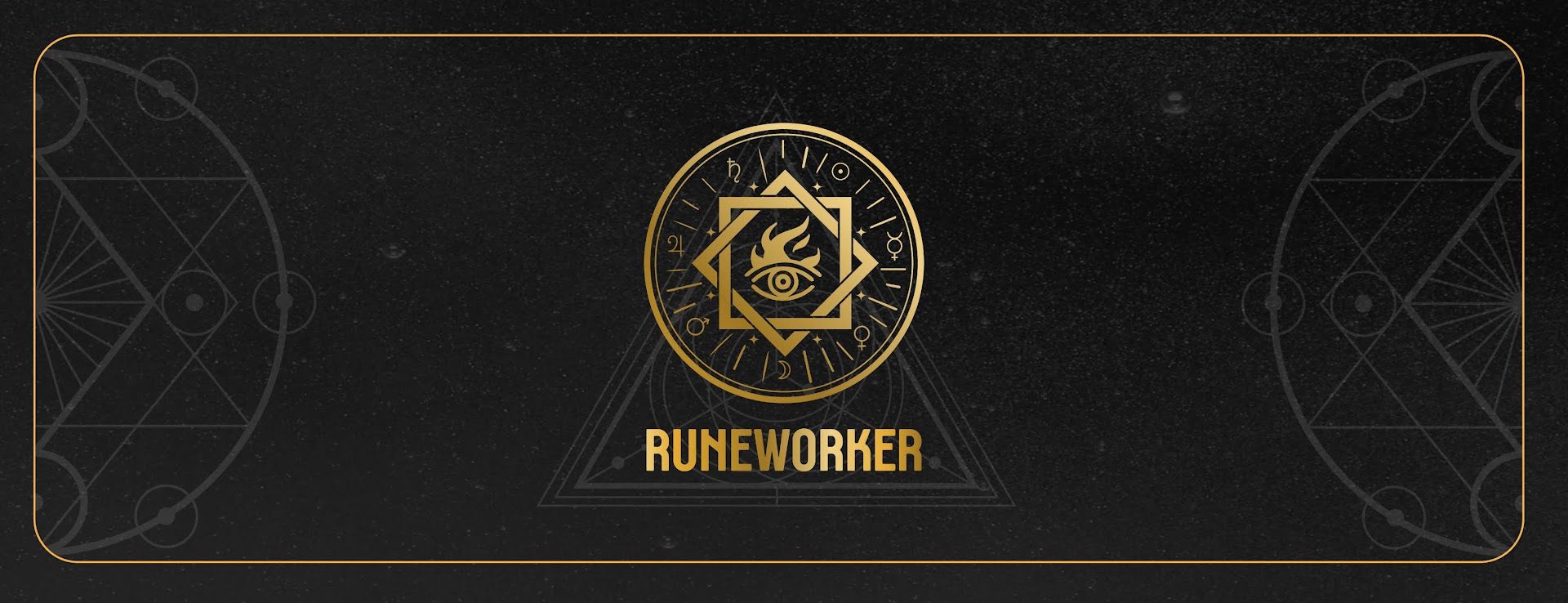http://en.wikipedia.org/wiki/Empowerment
http://en.wikipedia.org/wiki/Empowerment_(Vajrayana)
I like the concept of Empowerment. While it has a more social and political and cultural implications in the west, I also like it’s understanding in the terms that come from Vajrayana. I also found empowerment plays it’s role in modern American neo paganism, both in a social context and in an esoteric way. What I find is that one seems to fuel other, in it’s searching and it’s steps of slowly gaining it.
Of course, esoteric Empowerment has a different name, that is probably much better known, and much shorter. Initiation. Initiation is something that seems to be absent from a lot of contemporary spiritual practice, although it is making a come back. Some people gain it from traditions. P re-exisiting orders, Lineage, passed down from the founder. People seek in it various ways. Other methods of initiation are personal and unique. From the spirits themselves, you can be initiated, by Gods, by Angels, by the Fae, many beings. Some initiations are specific to the spirit giving it. Others might be deep, and require time and many challenges. The major initiation in modern western esoteric orders is the Knowledge and Conversation of the Holy Guardian Angel. Nothing could be more personal, even though the practice of it well documented and worked on by many. I think this practice also shows how Initiation is also an empowerment. It is just access to special club, or the specific rituals, but it is the power, the current of that tradition, those spirits. From the power gained from the initiation, they may be able to move mountains, metaphorically speaking. They have been empowered and so they acted with that power to change things to make them better.
In the USA, Empowerment’s twin streams very much run side by side. In the beginning of alternative spirituality movement it attracted a people of a variety of different groups. This dates back to the late 19th century. While there was plenty of men who were involved in alternative spirituality and occultism, there are also quite a few very famous women. Madame Blavatsky is a key figure that comes to mind. At a time when women had few rights and were very much limited, she worked to create a movement, a movement that continues on to this day, and has influenced much of Western occultism and alternative spirituality. Her books are still published and sold today. She very much demonstrates a power, being empowered through her spiritual aspirations she did more then many other women of her day.
With the second occult flowering in the USA in the 60’s, which brought with it the spread of Wicca, it then also picked up more of the cultural empowerment. Many minorities found the idea of Wicca, witchcraft and alternative spirituality as means to find their own empowerment, to pursue their goals of empowering themselves socially, culturally, and politically. Some minorities have always had their spiritual means of getting one up on the Man. The role of conjure doctors and spiritual workers in African American communities was often not only spiritual, but also physical, as they cared for clients physical needs with their knowledge, helping them when they were sick, not only from being hoodooed but also from colds, illnesses and injuries. The same for Appalachian folk magic, and Pennsylvania pow-wow practitioners. The Mexican curandera or curandero would be consulted for herbal knowledge for sickness just as much spiritual ailments. While not all of them are minorities, in a sense, they are often limited to specific communities, and often derided by outsiders for their “backwards superstitions” by others.
Among the gay civil rights movement, there were quite a few people and groups that embraced alternative spirituality to gain empowerment both spiritually and also to help them in their fight to gain temporal empowerment. One figure was Eddy Buczynski, the founder of quite a few American witchcraft traditions including the Minoan Brotherhood. At a time when gay men were standing up and going out, he created one of the first spiritual traditions for gay men. A magical practitioner and gay man who was also a major activist was Leo Martello, who founded a Witchcraft Anti Defamation League and Alternative Religions Education Network, who was also very active with Gay liberation during the time of Stonewall. Another significant figure was Arthur Scott Evans, writer of “Witchcraft and the Gay Counterculture” in which he asserted that the Witch mania of Europe also targeted people who may have been accused of engaging in homosexual acts. All of these people in some way found the empowerment of alternative spirituality and practices, which gave them the force and power to pursue empowerment in the physical world.
As I watch and read the events of the day, and the responses of people, and the responses of the wide neo pagan community in the USA, I feel I notice how spiritual empowerment helps to give fuel to the physical empowerment that people pursue. There is great inequality still existing in the world. Women, people of color, GLBT people and others. Yet I am aware of many of these minorities finding power for themselves, what some might call “power within” to work to make changes, to empower others like them, and work to create a planet where we can all live together, with justice, with liberty, with equality and maybe as a global family.




